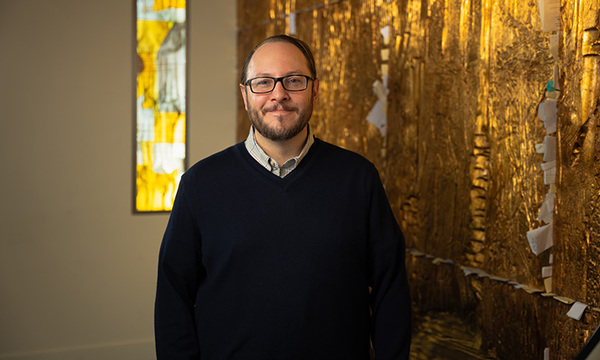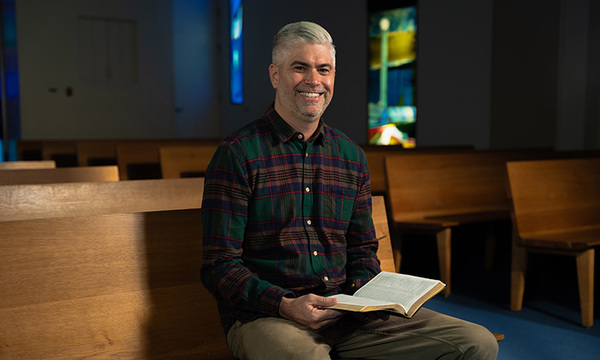What is the impact of a theological education on the spiritual and character development of theology students? While there is often anecdotal evidence of the positive impact of seminary, it is difficult to empirically assess that spiritual and character formation has occurred while in seminary.
A recent study conducted by the Association of Theological Schools revealed that the majority of North American seminaries utilize in-house assessment surveys that are developed ad-hoc and whose ultimate reliability is unknown. Although the spiritual vitality and maturity of future Christian leaders remains at the very heart and mission of theological education, seminaries find it difficult to accurately discern the extent to which they are fulfilling this vital part of their mission.
Over the past three years, David Wang, associate professor of psychology at Rosemead School of Psychology, has assembled a team of psychologists, theologians, philosophers and seminary leaders (including Talbot professors Judy TenElshof and John Coe) for the purpose of developing an ecumenical, theologically grounded and psychometrically sound spiritual formation assessment survey.
This self-report survey has been pilot-tested on evangelical, mainline Protestant and Roman Catholic seminary students. Based on this initial work, the John Templeton Foundation recently awarded Biola University a $1.9 million dollar grant to oversee a three-year longitudinal study of the character and spiritual formation of theology students at 18 North American seminaries, including Talbot, Trinity Evangelical Divinity School and Princeton Theological Seminary.
Wang will be the study’s principal investigator, while Peter Hill, professor of psychology, and Steve Porter, professor of spiritual formation and theology, will serve as part of a larger leadership team. The project’s ultimate aim will be to help ensure that seminary education is helping to develop the spiritual and moral lives of its students.
 Biola University
Biola University


